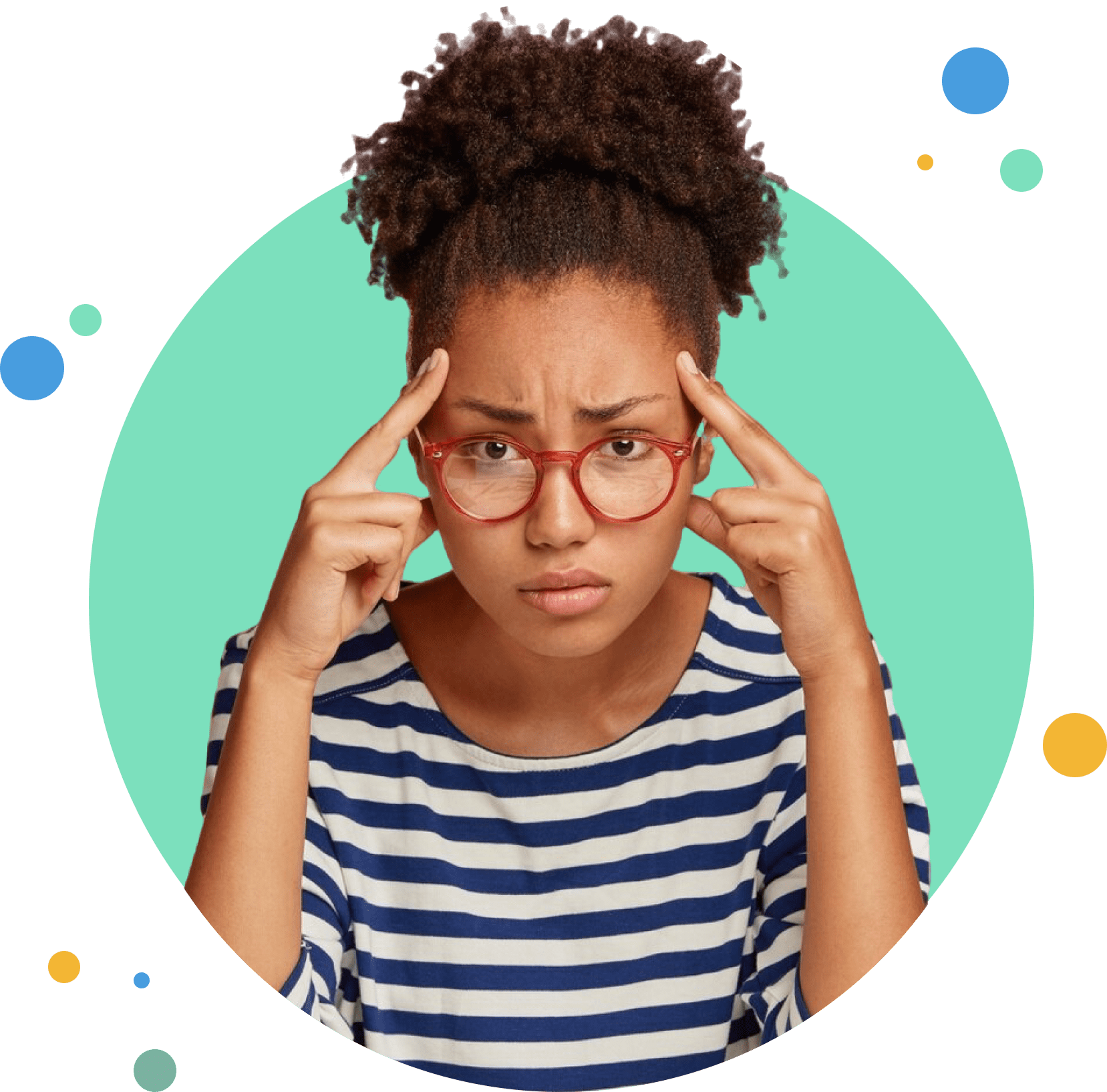Motor Development and Posture Assessment

Multidisciplinary Approach
Expert motor development assessment team for your unique needs

Free Liaison Services
Supporting families with motor development resources

No Long Wait Times
Fast motor development assessments when it matters most
Frequently Asked Questions
Why is children's motor development assessment crucial for parents?
Here are the four most important advantages of early identification of children's motor development issues for parents:
1- Timely Intervention: Allows for prompt support, significantly improving outcomes and enhancing motor skills.
2-Reduced Long-Term Impact: Prevents more severe problems later, minimizing potential long-term effects on development.
3-Informed Decision-Making: Empowers parents with knowledge to make better choices regarding therapies and support services.
4-Enhanced Quality of Life: Improves the child’s overall quality of life, facilitating participation in daily activities and social interactions.
Why is the assessment of children's motor development important for institutions?
Assessment of children's motor development is important for institutions for several reasons:
- Individualized Care: It helps identify each child's specific needs, allowing for tailored support and activities.
- Early Intervention: Early detection of delays can lead to timely interventions, improving outcomes for children.
- Safety: Understanding a child's motor skills can help ensure a safe environment and prevent accidents.
- Skill Development: Assessments can guide caregivers in promoting appropriate activities that foster motor skills.
- Program Improvement: Data from assessments can help institutions evaluate and enhance their programs to better support all children.
- Social Integration: Understanding motor skills can aid in facilitating better interactions among peers, promoting social development.
Overall, regular assessments contribute to a more effective and supportive learning environment.
Why is the assessment of children's posture important for parents?
The assessment of children's posture is important for parents for several reasons:
- Early Detection: It helps identify potential issues such as scoliosis or other postural problems early on, allowing for timely intervention.
- Preventing Future Issues: Good posture can prevent musculoskeletal problems later in life, reducing the risk of pain or discomfort.
- Promoting Healthy Habits: Assessments encourage parents to promote healthy posture habits in their children, fostering awareness from a young age.
- Impact on Development: Proper posture is linked to overall physical development, including balance, coordination, and motor skills.
- Influence on Confidence: Good posture can enhance a child’s self-esteem and confidence in social situations.
- Guidance for Activities: Understanding posture can help parents choose appropriate physical activities that support strength and alignment.
- Communication with Professionals: Assessments provide valuable information to share with healthcare providers, ensuring a comprehensive approach to the child’s health.
Overall, monitoring posture helps parents support their child's physical well-being and development.
Why is the assessment of children's posture important for institutions?
The assessment of children's posture is important for institutions for several reasons:
- Early Identification: It helps identify postural issues early, allowing for timely intervention and support.
- Promoting Healthy Habits: Assessments encourage the development of good posture habits, fostering lifelong physical health.
- Safety: Proper posture can reduce the risk of falls and injuries during activities, ensuring a safer environment.
- Enhancing Learning: Good posture supports better focus and engagement in activities, as it can improve comfort and concentration.
- Supporting Motor Development: Assessing posture is linked to overall motor skills, helping caregivers tailor activities that promote physical development.
- Communication with Parents: It provides valuable insights to share with parents, fostering collaboration in addressing any concerns.
- Program Improvement: Data from posture assessments can inform program adjustments to better support children's physical well-being.
Overall, monitoring posture contributes to creating a healthier and more supportive learning environment in institutions.
What does the Motor Development Assessment look like at AllBrains?
At All Brains, we offer a comprehensive motor development assessment using the Movement Assessment Battery for Children, Third Edition(MABC-3). The MABC-3 is a standardized test that takes around 45 minutes, designed to assess motor proficiency in children and young people aged 3 to 25years. It evaluates various aspects of motor skills, including:
- Manual Dexterity
- Aiming & Catching (ball skills)
- Balance (static and dynamic)
The results from the MABC-3 help identify areas of strength and difficulty, guiding tailored interventions to support each individual's development.
Our assessments involve a multi-disciplinary team of experts who evaluate these skills in a supportive environment. Depending on the individual's age and specific needs, we may also incorporate assessments of cognitive and adaptive behaviors.
What does the posture assessment look like at AllBrains?
At All Brains, we provide a comprehensive posture assessment using standardized tests to evaluate children’s postural alignment. Our assessments takes around 40 minutes in age range 3 to 25 Yrs, and involve a multi-disciplinary team of experts who conduct thorough evaluations, including:
- Postural Screening: Identifying any deviations from normal posture through visual and physical assessments.
- Measurement Tools: Utilizing tools like plumb lines and postural grids to accurately assess alignment.
Does the assessment at All Brains include a treatment/training plan for my child's motor development and posture?
Absolutely! A comprehensive assessment of your child's motor skills and posture is crucial for creating a tailored training/treatment plan that addresses their specific needs. We discuss these recommendations in detail during our feedback session and reflect them in our report. Additionally, we offer post-assessment support as part of the assessment package to help initiate the treatment process. Here are some evidence-based training/treatment options:
- Motor Skills Training: This includes activities designed to develop both gross and fine motor skills, helping children gain confidence in their physical abilities.
- Postural Training: This can help children develop better posture through specific exercises and techniques, promoting overall physical health.
- Parent Training and Support: This helps parents learn strategies to encourage their child's motor development at home and promote healthy movement patterns.
We are pleased to offer competitive rates for these Training Packages (available in-clinic, in-home, or online) and provide progression feedback to families.
How much does Motor Development and Posture Assessments cost at All Brains Clinic?
- The cost of comprehensive Motor Development Assessment (1.5-25 years old) is a competitive rate, $150 and it includes 10 tasks and evaluates various aspects of motor skills, including: Manual Dexterity, Aiming & Catching (ball skills) and Balance (static and dynamic)
- The cost of comprehensive Posture Assessment (1.5-25 years old) is a competitive rate, $130. it focuses on the following body parts: head and neck, shoulders, spine, pelvis, hips, knees, and feet.
- The cost for Both the Motor Development Assessment and Posture Assessment can be between $219-240. For group assessments, we are happy to discuss negotiable pricing based on the number of children and the location of the assessment (either on-site or in our clinic).
Do I need a doctor’s referral for Motor and Posture assessments at All Brains Clinic?
You do not necessarily need a doctor’s referral for motor and posture assessments at All Brains Clinic. We offer both referral and non-referral options to make the process as convenient as possible for families and children institutes.
Which test does your clinic use to assess motor development?
The Movement Assessment Battery for Children (MABC) is a standardized assessment tool used to evaluate the motor skills and movement abilities of children aged 3 to 16 years old. It is designed to identify children who may be experiencing difficulties with their motor development and coordination. The MABC assessment typically takes 35-45 minutes to complete.
The MABC assesses three main areas: manual dexterity, ball skills, and balance. It provides a comprehensive evaluation of a child's overall motor competence compared to their peers. The assessment results can help inform intervention strategies and guide the development of personalized support plans.
Which information we need before Motor Development Assessment
1. Child's Developmental History:
Information about the child's motor development milestones, any delays or concerns noted by the parents or caregivers.
2. Current Motor Function:
Understand the child's current abilities, challenges, and impact on daily activities at home, school, and in the community.
3. Medical History:
Inquire about any medical conditions, injuries, or interventions that may be affecting the child's motor skills.
4. Family Priorities:
Understand the family's goals and expectations for the assessment, and how they hope the results can inform support and interventions.
Key considerations when conducting MABC
When conducting a MABC, it's important for the child to wear appropriate clothing and footwear. Here are some recommendations on what a child should wear:
- Comfortable, Loose-Fitting Clothes:
- The child should wear comfortable, loose-fitting clothes that allow for free movement of the arms, legs, and body.
- Avoid restrictive clothing like jeans, belts, or bulky jackets.
- Opt for lightweight, stretchy fabrics like t-shirts, shorts, or leggings.
- Proper Footwear:
- The child should wear well-fitting, non-slip athletic shoes or trainers.
- Avoid shoes with thick soles, high heels, or open-toed designs as they can affect balance and stability.
- Ensure the shoes are securely fastened, with good arch support and traction.
- No Jewelry or Accessories:
- Remove any jewelry, such as necklaces, bracelets, or rings, that may interfere with the assessment.
- Loose hair should be tied back to keep it out of the child's face during the activities.In addition, engaging the family throughout the assessment process can help provide a comprehensive understanding of the child's motor abilities.
How long does it take for the results to get ready?
After the evaluation, the examiner will need 2-3 weeks to score the results and provide a full interpretation to the family after the initial assessment session.
Explore Specialized Services
Contact
Address
Let's Talk with All Brains Clinic Team
All Brains Clinic
6205 West Blvd,
Vancouver, BC V6M 3X4

Book an Appointment


We are so thankful to get assessment done at All Brains Clinic for our boy.
Their location is perfect - easy to find parking and dining. It made our commute much easier especially driving all the way from lower mainland.


The people at All Brains Clinic helped us to understand our child's current situation and helped us to get prepared for the next steps.
Highly recommended


I found the clinic to be very well run.
The receptionist are very friendly, helpful and accommodating. The team of specialists that they have compiled works well with each other and really enjoyed my experience.

.svg)



.svg)


.png)





.svg)






.svg)
.jpg)
.jpg)
.jpg)
.jpg)





































.svg)

.svg)
.svg)
.svg)
